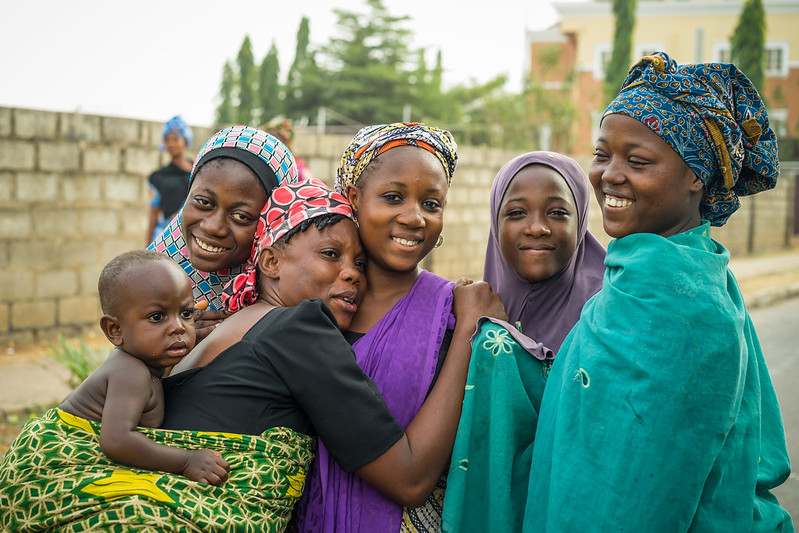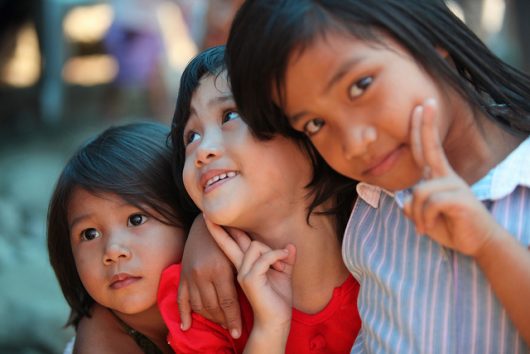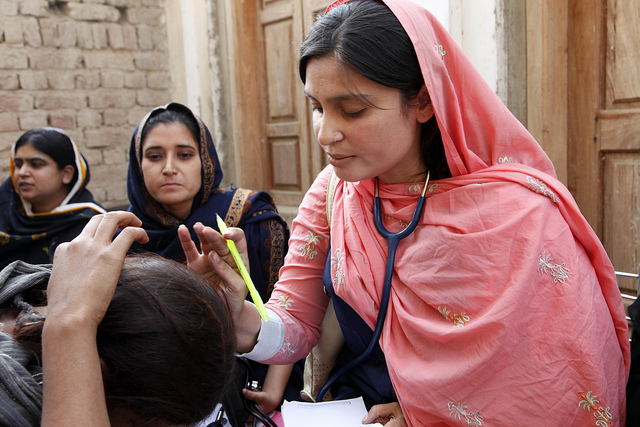 The World Economic Forum’s 2023 report on the global gender gap placed Pakistan 142 out of 146 globally. The report breaks Women’s Rights in Pakistan down into four different sections: economic participation and opportunity, educational attainment, health and survival, and political empowerment. Below average in all areas, the situation for Pakistani women is made promising through the relatively high percentage of women in positions of political power. Pakistan ranks 36th in the world in terms of female heads of state over the last 50 years.
The World Economic Forum’s 2023 report on the global gender gap placed Pakistan 142 out of 146 globally. The report breaks Women’s Rights in Pakistan down into four different sections: economic participation and opportunity, educational attainment, health and survival, and political empowerment. Below average in all areas, the situation for Pakistani women is made promising through the relatively high percentage of women in positions of political power. Pakistan ranks 36th in the world in terms of female heads of state over the last 50 years.
The increase in women in positions of political power is a reason to be hopeful as it increases the chances of being able to change laws which oppress women. In 2021, the Lahore High Court banned the use of ‘virginity tests’ for rape survivors, a major step for female victims, which will help change old attitudes on virginity very common among Pakistani people in addition to helping protect survivors.
Despite this, there is still far to go for Pakistan to achieve gender equality, and the Aurat March was born out of this frustration and the recognition that there is far to go.
What Is the Aurat March?
The first Aurat March in 2018 was held simultaneously in Pakistan’s Islamabad, Lahore and Karachi cities to commemorate International Women’s Day. Up until then, Women’s Day in Pakistan was just a token ceremony where officials dug up worrying statistics and discussed future developmental goals. Nearly 5,000 people took part, including men, women and children.
The Spread of the Aurat March Over the Years
In 2019, the march was held in other cities including Islamabad, Lahore and Peshawar. Marchers called for greater accountability for violence against women. Nighat Dad, organizer of the Lahore march in 2019, stated that they are ‘demanding economic justice, equal labor, acknowledgment of work in the home, equality at work, sexual harassment and access to equal justice as men.’ According to The World Economic Forum’s 2023 report on the global gender gap, these issues are pressing for Pakistani women, made clear by the World Economic Forum’s 2023 report.
Today, the Aurat March has expanded across the length and breadth of the country, and in 2023, tens of thousands of Pakistani women took part in the Aurat March. The Aurat Marches have garnered attention from news outlets and social media because the marches aim to be inclusive for all types of women from different castes and backgrounds. Sheena Kermani, an organizer of the 2019 march, said that the marches ‘represent(s) every woman here no matter what caste, creed or religion she hails from.’
The Aurat March continues to gain momentum with each passing year, gathering more and more support each time. The organizers use social media to raise awareness about issues regarding women’s rights in Pakistan and Asia through their social media accounts, predominantly Instagram.
What Have Been the Reactions to Aurat March?
The positive impact of the Aurat March is evident in the growing number of participants over the years since 2018. Additionally, Anam Abba’s documentary ‘This Stained Dawn’ that explores the organization and the leading up to the Aurat March in 2020, was shown at the Human Rights Watch film festival. It received 6.7 on IMDb, and a review published by the Guardian described it as a powerful performance piece. The documentary gives an insight into the organization of the march, the high degree of planning and the challenges facing these women. It spreads awareness of the cause and the struggles faced by Pakistani women, shedding light on their achievements. It also explores the resistance to the Aurat March.
In 2019, the Khyber Pakhtunkhwa Assembly passed a resolution condemning the march, claiming that the demands of the march were un-Islamic. Additionally, many conservative groups oppose the march each year. In fact, 2018 saw violence against transgender women in the week leading to the protests.
What Is the Future of the March?
The fact that the Aurat March, despite being met with opposition every year, continues not only to run but also garners greater participation, is a positive sign. More and more women and people in positions of power are supporting the march, and the organization was partially responsible for the Supreme Court of Pakistan recognizing activists’ resistance against Afghan deportations.
Pakistan has a lot of work to do in terms of helping women, but the Aurat March is a sign that progress is being made. Greater support would mean better chances of legal and social reform.
– Alice Brayford
Photo: Flickr
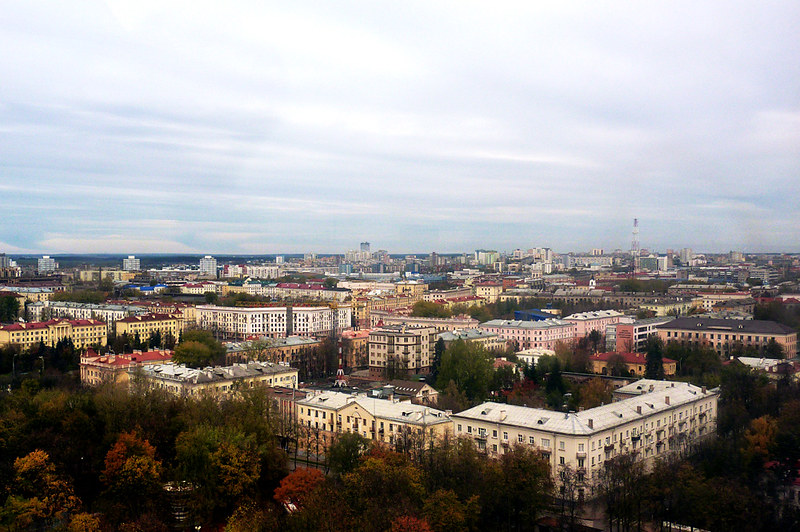 USAID is an independent agency of the United States federal government that takes care of administering civilian foreign aid and development assistance. It is one the largest official aid agencies in the world, controlling a large share of U.S. foreign assistance programs. USAID operates in more than 100 countries all around the world. One of them is Belarus, where USAID — which represents the second-largest actor after the E.U. — is effectively gendering its politics. USAID has indeed been able to transform the current business and social landscapes for Belarusian women.
USAID is an independent agency of the United States federal government that takes care of administering civilian foreign aid and development assistance. It is one the largest official aid agencies in the world, controlling a large share of U.S. foreign assistance programs. USAID operates in more than 100 countries all around the world. One of them is Belarus, where USAID — which represents the second-largest actor after the E.U. — is effectively gendering its politics. USAID has indeed been able to transform the current business and social landscapes for Belarusian women.
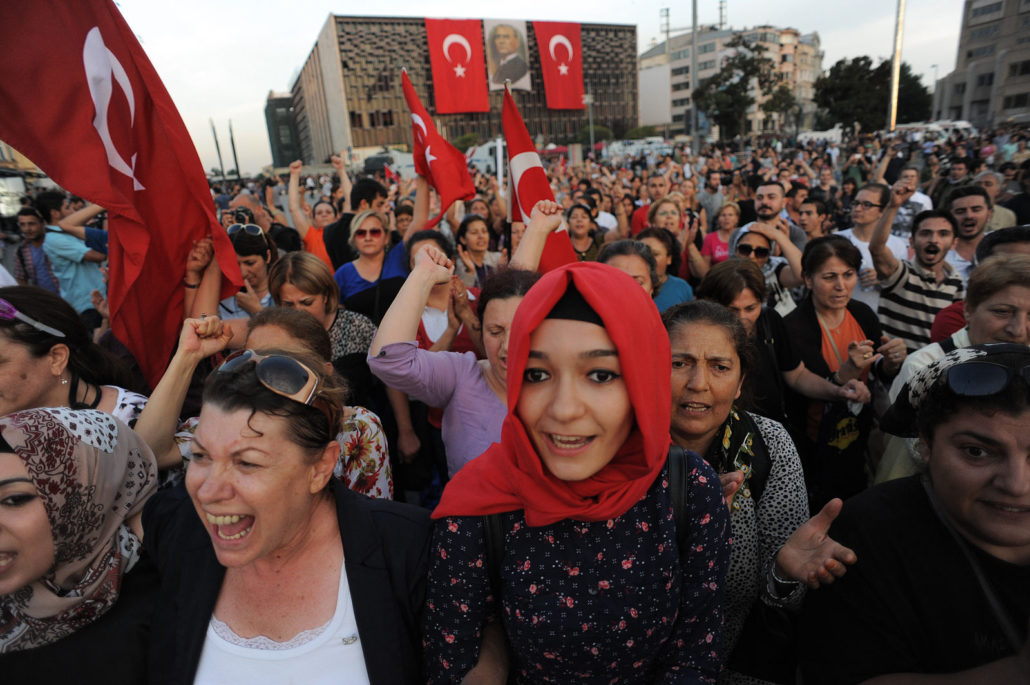 The recent murder of 27-year-old student, Pınar Gültekin, has sparked widespread outrage in Turkey. Gültekin was murdered at the hands of her ex-boyfriend, who beat and strangled her to death. Current anger is a response to not just this brutal slaying, but to the all-too-common occurrence of femicide and domestic violence in Turkey. In addition, the anger is a result of the willful ignorance of the government when it comes to these crimes. Here are the top five facts about femicide in Turkey.
The recent murder of 27-year-old student, Pınar Gültekin, has sparked widespread outrage in Turkey. Gültekin was murdered at the hands of her ex-boyfriend, who beat and strangled her to death. Current anger is a response to not just this brutal slaying, but to the all-too-common occurrence of femicide and domestic violence in Turkey. In addition, the anger is a result of the willful ignorance of the government when it comes to these crimes. Here are the top five facts about femicide in Turkey.